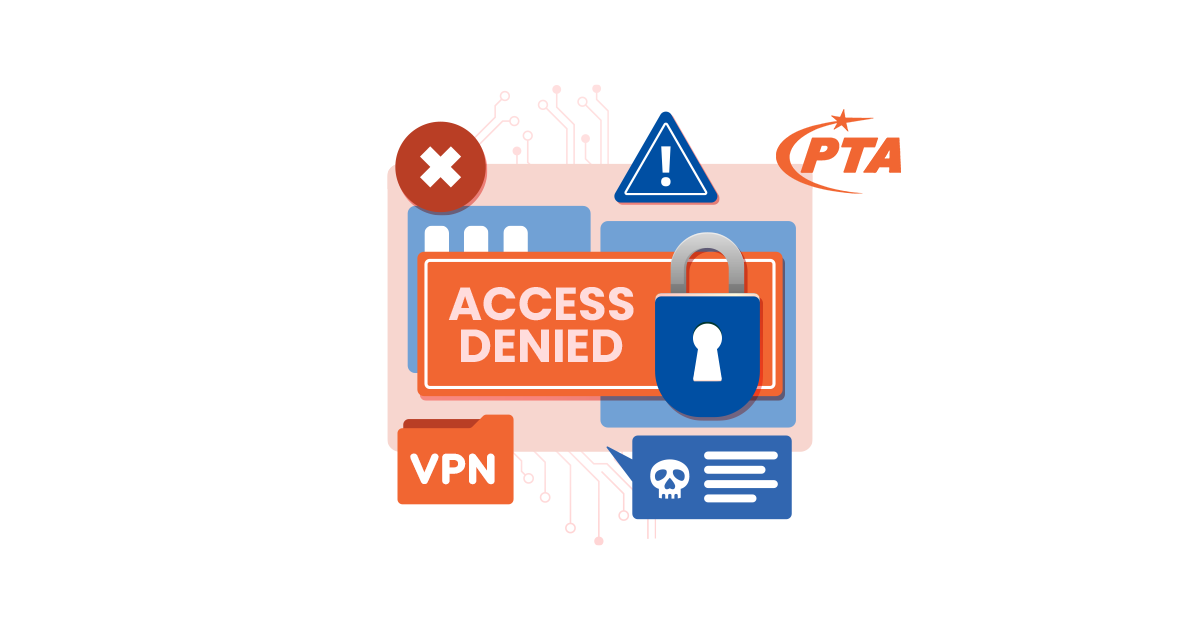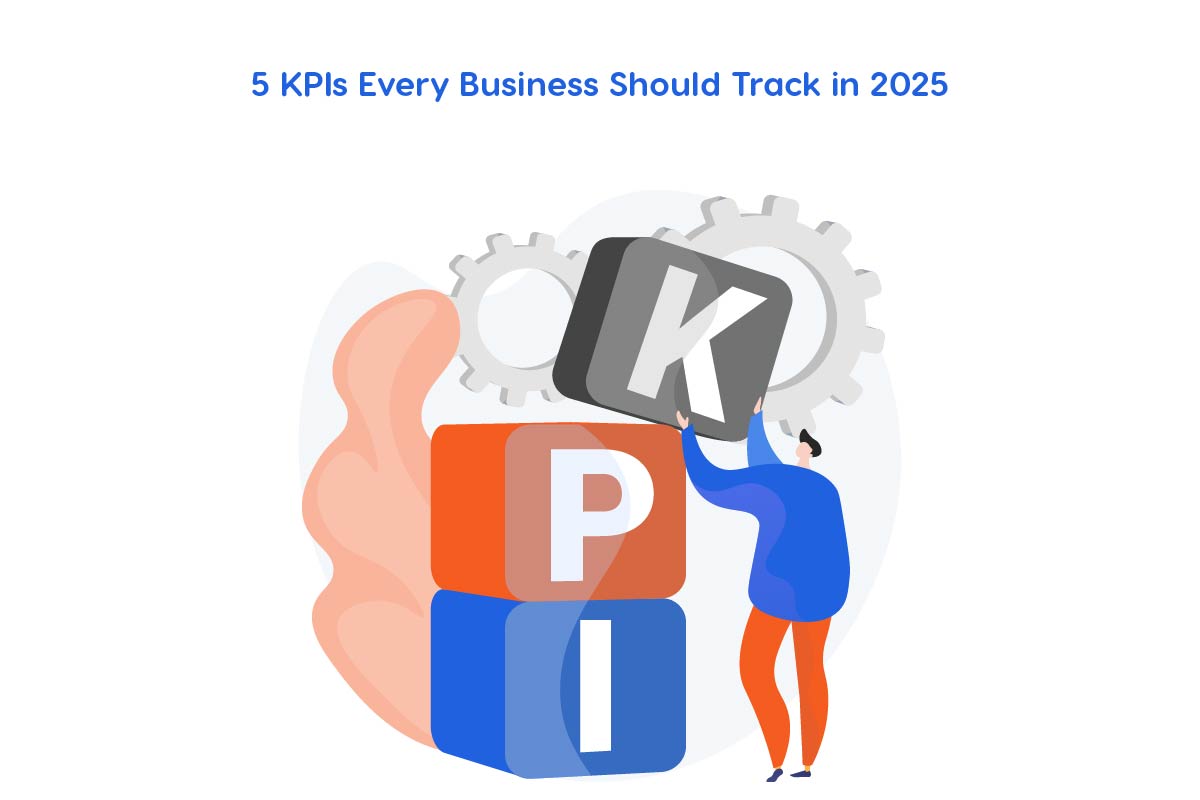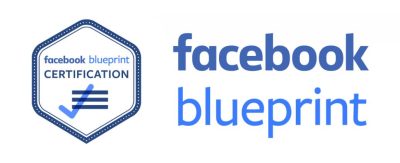Pakistan Telecommunication Authority (PTA) has started blocking unregistered VPNs in Pakistan. Sources in PTA told our Tashheer media team that unregistered VPNs are being blocked through a firewall and are temporarily blocked for whitelisting. This move which limits access to various online resources aims to address both security and regulatory concerns. This move aims to curb the use of VPNs for accessing restricted content such as social media platform X (formerly Twitter) which was banned earlier in the year. Following the ban, demand for VPNs surged as users sought ways to bypass restrictions with a notable increase of 131% shortly after the X ban was imposed. In this full article, our Tashheer research team has examined every aspect of PTA’s recent decision to block unregistered VPNs.

Are you facing an issue and unsure how to address it? Here’s how you can easily register your complaint on the Pakistan Citizen Portal.
PTA’s Security Concerns and Reasons for Blocking VPNs
PTA sources also said unregistered VPNs pose a security risk, as they can access sensitive data and illegal or objectionable content. PTA protects public and organizational data and prevents access to illegal content. This Policy is causing concern in Pakistan’s IT industry where VPNs are important for remote work, secure communication, and business operations. Experts worry that a complete ban could affect freelancers, tech companies and others who rely on secure internet access, possibly disrupting business activities and impacting the digital economy.
Comparing Pakistan’s VPN Policies with Global Practices
PTA sources say VPN registration started in 2020 and in the past four years about 20,500 VPNs have been registered. Over 1,422 companies have registered VPNs so far. PTA also wants to speed up the VPN registration and whitelisting process. Some countries like Iran, Turkey, China, and Russia, block unregistered VPNs. UAE, Qatar and Saudi Arabia also block unregistered VPNs with some only allowing VPNs for business use. But there is good news, Pakistan has no restrictions on VPNs for business use.
Here’s a table comparing Pakistan’s VPN policies with global practices:
| Country | VPN Registration Policy | VPN Blocking for Unregistered VPNs | Business Use | Notes |
|---|---|---|---|---|
| Pakistan | VPN registration started in 2020. 20,500 VPNs registered so far. | No restrictions on VPN use for personal or business purposes | No restrictions on VPN use for business | PTA aims to speed up VPN registration and whitelisting. |
| Iran | Requires VPN registration for both individuals and businesses. | Blocks unregistered VPNs. | VPNs allowed only with approval for business use. | Strict censorship controls. |
| Turkey | Requires VPN registration for individuals and businesses. | Blocks unregistered VPNs. | VPNs allowed only with government approval. | VPN usage is heavily controlled. |
| China | Requires VPN registration for businesses. | Blocks unregistered VPNs. | VPNs allowed only for specific business use. | Known for heavy internet censorship (Great Firewall). |
| Russia | Requires VPN registration for businesses. | Blocks unregistered VPNs. | VPNs allowed for business with government approval. | Tight government controls over internet access. |
| UAE | VPN registration required for business use. | Blocks unregistered VPNs. | VPNs allowed for business use only. | Stringent control over internet usage. |
| Qatar | VPN registration required for business use. | Blocks unregistered VPNs. | VPNs allowed for business use only. | Similar to UAE, restrictions apply. |
| Saudi Arabia | VPN registration required for business use. | Blocks unregistered VPNs. | VPNs allowed for business use only. | Strict restrictions for individuals. |
Public and Industry Response to the VPN Ban
Many people in Pakistan have been facing problems with free VPNs for several hours. Many of them used free VPNs to access social media platform X but now they are saying that VPNs aren’t working. Pakistan’s Prime Minister, Shehbaz Sharif, has banned the use of X in the country but he often breaks this rule by posting on X through a VPN. When the PTA spokesperson was asked about blocking VPNs, they did not respond.
Frustration Among Users
Many users in Pakistan, especially those who relied on free VPNs to access social media platforms like X, have been facing connectivity issues. With the ongoing VPN ban, these users are now unable to access the platform, leading to growing frustration and dissatisfaction.
Government’s Inconsistent Stance
Despite the official ban on X imposed by Prime Minister Shehbaz Sharif, there have been reports of him using a VPN to post on the platform, creating a sense of hypocrisy among the public. This has sparked debates about the government’s inconsistent approach to internet restrictions.
Looking to register your mobile device with the PTA? Follow this step-by-step guide to ensure your device is registered and compliant.
Future Implications for Digital Privacy and Policy
Blocking VPNs that allow access to restricted platforms such as X, is a step toward heightened surveillance with implications for privacy. Without VPNs, users will find it more challenging to maintain anonymity online, exposing their activities to monitoring by both the PTA and other regulatory bodies. PTA’s move reflects a trend toward more controlled digital spaces under the guise of security concerns. For Pakistani citizens, this could lead to a future where digital rights are more restricted, as policies become increasingly centered around regulation and monitoring.
Final Notice
PTA’s VPN blocking policy could lead to a more regulated internet industry in Pakistan, impacting digital privacy, economic growth in the IT sector and public trust in digital governance. Additionally, public trust in digital authorities could decline if citizens feel their online freedom is overly restricted. In this thorough article, our Tashheer research team has discussed every detail of PTA’s new step to block new VPNs. Balancing security with privacy and access will be a key challenge for future digital policies in Pakistan.





